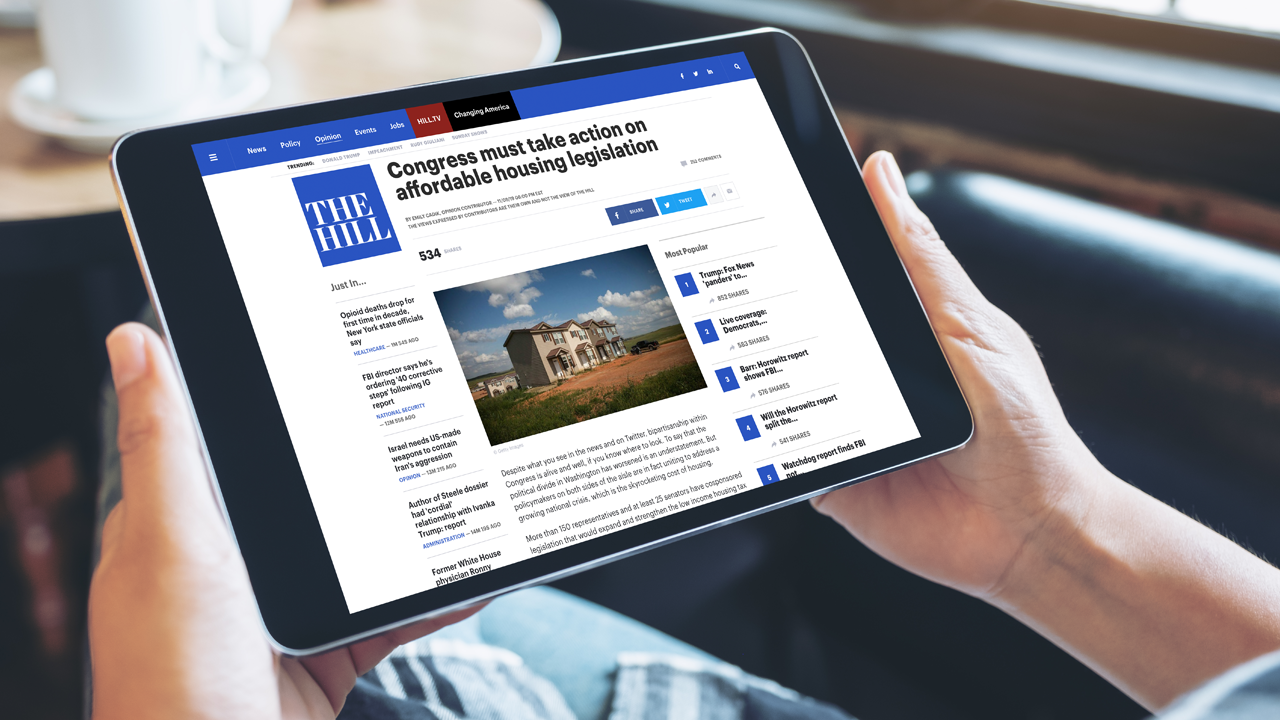The Affordable Housing Tax Credit Coalition
It’s the recent 2000s and the U.S. economy is booming. Thousands of jobs are created. Manufacturing surges. American cities rebound. But there’s a dark side: Millions of low-income families face housing prices they can barely afford. In white-hot tech and business centers like New York, San Francisco and Seattle, people are spending more than half their monthly income on rent, leaving little for essentials like health care, transportation and groceries. Rural areas, recovering more slowly from the Great Recession, are also affected. While rents are lower, so are wages, so the problem persists.
There is one policy tool states have used since 1986, the Low-Income Housing Tax Credit, that has created more than 3 million affordable homes across the country. Every year, Congress votes to sustain the program, making changes along the way that impact funding levels and effectiveness. In 2019, the Affordable Housing Tax Credit Coalition began its annual fight to ensure passage of a new tax credit bill. They turned to Westfourth Communications to join a team of advocates launching an aggressive outreach campaign. The objective: Build support for a bill that would strengthen and improve the program as never before.
Through traditional and social media outreach, Westfourth implemented a plan to ensure that every member of the U.S. House and Senate understood what their constituents stood to gain with passage of this vital legislation. The team conducted press outreach using state-specific housing data, developed eye-catching graphics for staff briefings and social media, and placed opinion pieces in state and national newspapers and housing trade publications.
Results:
At a time of deep political division in Washington, the Affordable Housing Credit Improvement Act of 2019 gained strong bipartisan support. More than one-third of U.S. House members and 25 Senators cosponsored the bill – one of only a handful of tax-related bills with a similar level of support – and numbered among its champions the most progressive and conservative members of both chambers. As momentum grew in late 2019, cosponsors were still signing on, and advocates expected passage of the bill by year’s end.





